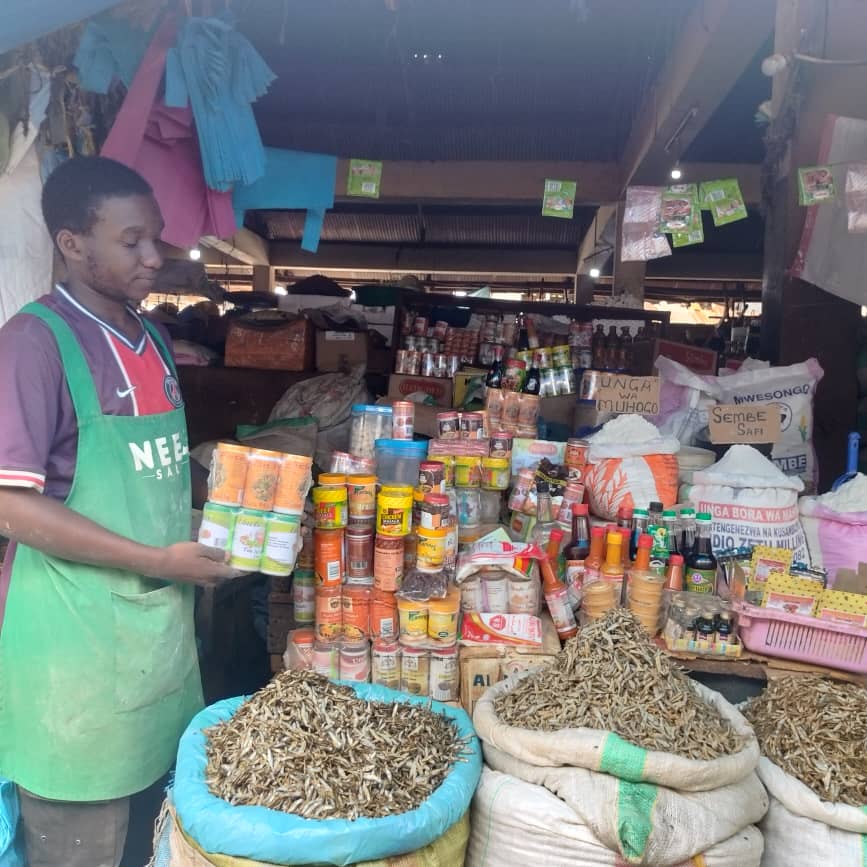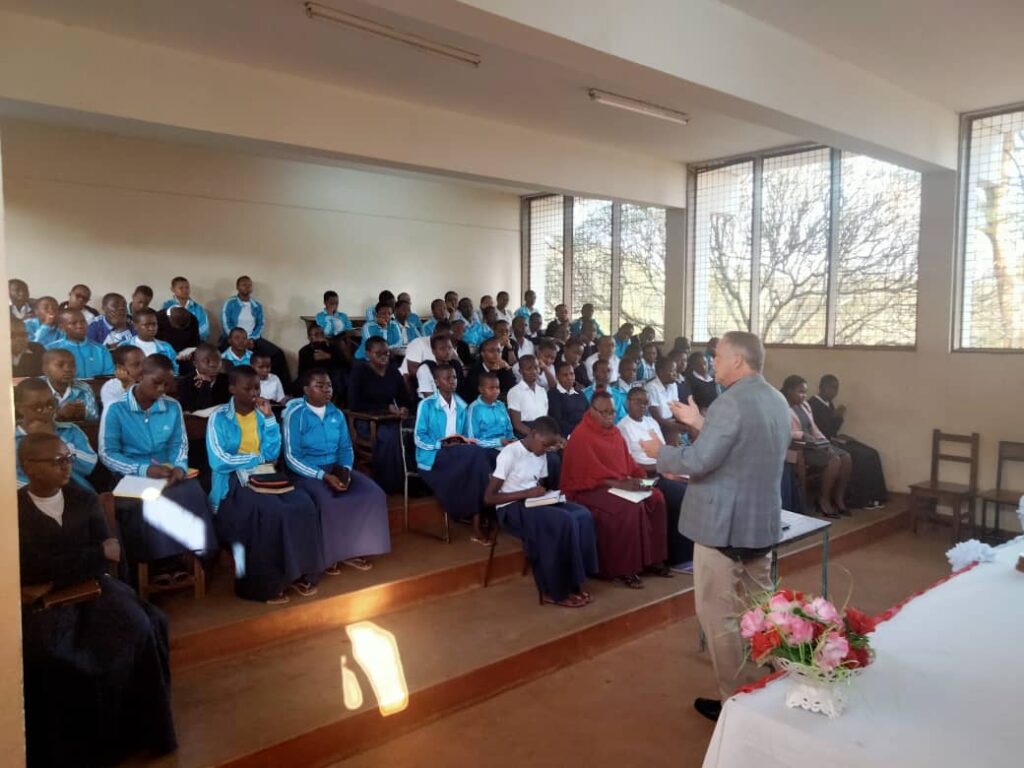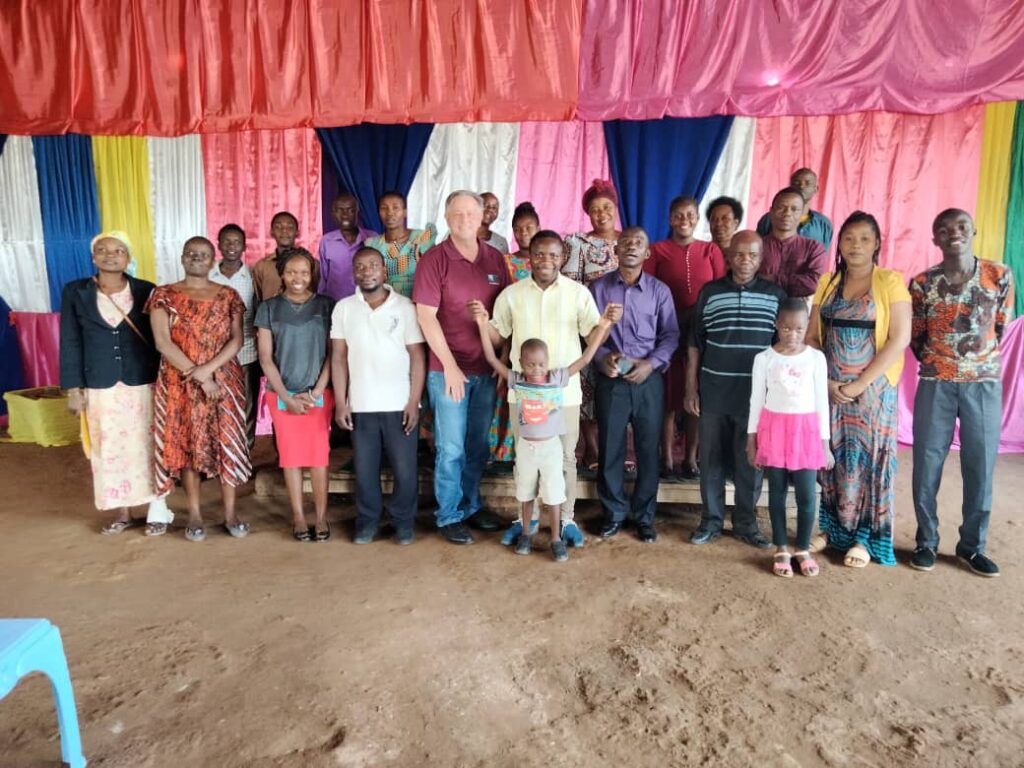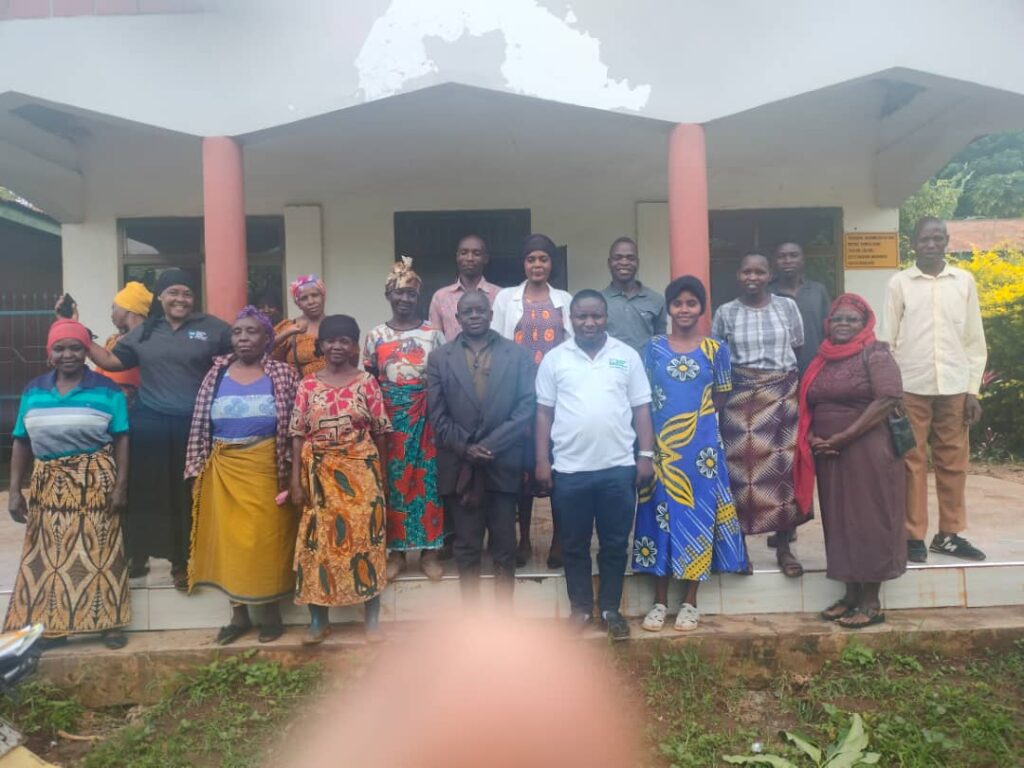Posted by tef mororogo January 25, 2022
The Tanzania Entrepreneurship Foundation (TEF), initiated informally in 2017 and formally established in 2018 as a registered non-profit (Reg. No. OONGO/R/1723), was founded to transform Tanzanians into job creators. The organization drew inspiration from Mr. Gary Shotton, CEO of Inspiring Better Business (IBB)-USA. Together with Tanzanian native Octavian Msongamwanja, they launched TEF’s flagship Entrepreneurship Education Initiative in 2018. This initiative reached 35,000 participants across nearly all of Tanzania. This transformative program, continuing through 2022, established TEF as a national leader in entrepreneurship education. It solidified its role in Tanzania’s innovation ecosystem by its 2021 registration.
The Entrepreneurship Education Initiative, launched in 2018, is funded by Inspiring Better Business (IBB)-USA. It is TEF’s foundational program. It empowers 20,000 students, 10,000 women, and 5,000 men from church communities and educational institutions. These regions include Morogoro, Dar es Salaam, Arusha, Kilimanjaro, Tanga, Tabora, Dodoma, Mbeya, Mwanza, Iringa, Njombe, and Rukwa. The initiative is anchored in Gary Shotton’s teachings on God’s laws for business. It integrates biblical principles of integrity, stewardship, and generosity. These principles are combined with practical business skills. This integration helps drive job creation and economic independence. Through workshops, seminars, and training sessions, TEF has enabled over 10,000 businesses to launch, fostering prosperity nationwide.

This ongoing program (2018–now) targets church-based groups and students from secondary schools to universities. It addresses unemployment and poverty. The program focuses particularly on youth and women. TEF has transformed communities by leveraging church networks and educational institutions. This aligns with its mission to foster a community-led movement for economic empowerment.
The initiative embodies TEF’s vision through:

This approach addresses Tanzania’s economic challenges. It covers issues from urban unemployment to rural poverty. It aligns with Tanzania’s National Development Vision 2022 for job creation and economic growth.
TEF, coordinated from its Morogoro headquarters, partners with churches, secondary schools, and universities across Tanzania to deliver the initiative. Key contributions include:
By embedding these activities in Tanzania’s communities, TEF has sparked a sustained movement for ethical entrepreneurship.

The initiative is fully funded by IBB-USA, under CEO Gary Shotton. His financial support and expertise in faith-based business training have enabled TEF to reach 35,000 participants. This backing will sustain the program through 2022. IBB’s curriculum, centered on God’s laws for business, provides a distinctive ethical foundation, setting the initiative apart from secular programs. TEF’s partnerships with church networks and educational institutions across Tanzania ensure cultural alignment and scalability.
The initiative has delivered transformative economic and social benefits:
A success story is that of Amina, a mother from Morogoro who joined TEF’s workshops in 2018. Amina was inspired by God’s laws for business. She was trained in financial management. She launched a tailoring business. By 2020, she was earning TSh 100,000 monthly. Her income supports her children’s education and employs two assistants, demonstrating the initiative’s lasting impact.

The initiative’s 35,000 direct beneficiaries in 2018 and ongoing reach since then underscore TEF’s commitment to economic empowerment.
The initiative addresses key challenges:
These solutions showcase TEF’s dedication to sustainable empowerment.
The initiative has positioned TEF as a national leader in Tanzania’s innovation ecosystem. It aligns with global goals for economic empowerment. This includes Sustainable Development Goal 8: Decent Work. Locally, it has transformed communities across Morogoro, Dar es Salaam, and Arusha. It has also reached beyond these cities. The initiative has established a model for faith-based entrepreneurship education. This model fosters sustainable livelihoods nationwide.
TEF, under Dr. Luseko Chilagane’s governance, continues to scale the initiative:
This initiative embodies TEF’s vision of a resilient, entrepreneurial Tanzania, driven by faith-based education and economic empowerment.